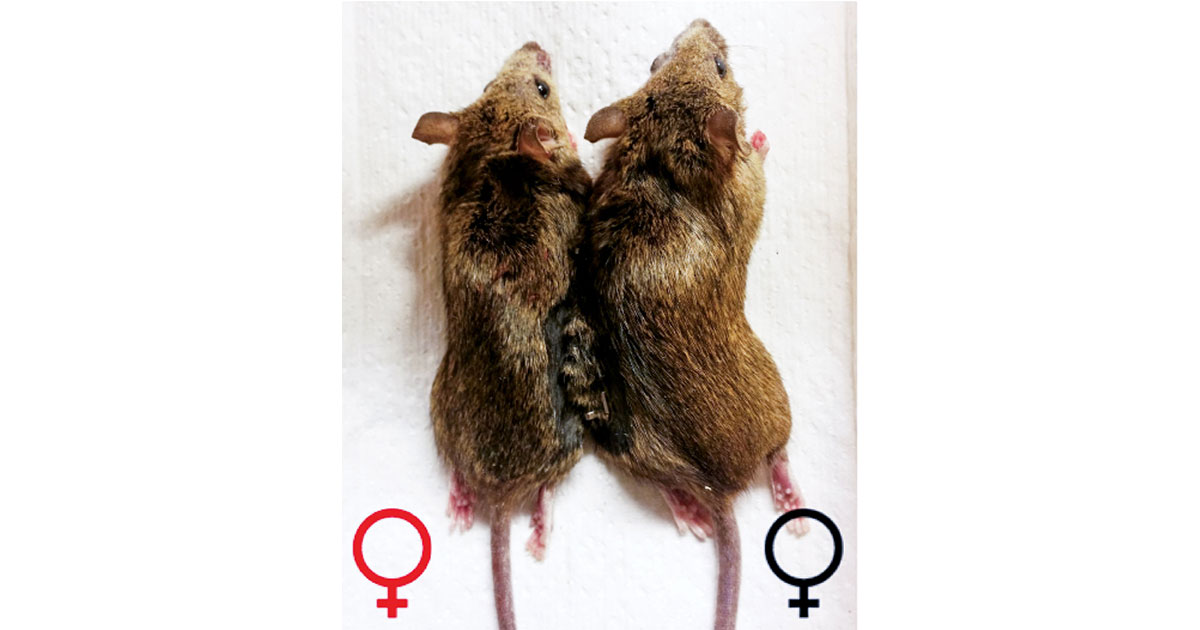Advertisement
Grab your lab coat. Let's get started
Welcome!
Welcome!
Create an account below to get 6 C&EN articles per month, receive newsletters and more - all free.
It seems this is your first time logging in online. Please enter the following information to continue.
As an ACS member you automatically get access to this site. All we need is few more details to create your reading experience.
Not you? Sign in with a different account.
Not you? Sign in with a different account.
ERROR 1
ERROR 1
ERROR 2
ERROR 2
ERROR 2
ERROR 2
ERROR 2
Password and Confirm password must match.
If you have an ACS member number, please enter it here so we can link this account to your membership. (optional)
ERROR 2
ACS values your privacy. By submitting your information, you are gaining access to C&EN and subscribing to our weekly newsletter. We use the information you provide to make your reading experience better, and we will never sell your data to third party members.
Neuroscience
How octopuses beat brain freeze
Rewriting messenger RNA changes neuron protein structures in the cold
by Laurel Oldach
June 8, 2023
| A version of this story appeared in
Volume 101, Issue 19

Octopuses make dazzling use of camouflage, quickly changing their skin color as they move through various environments. New research suggests that another, less visible response to the environment may help keep their brains capable of this and other feats. By editing messenger RNA (mRNA) in response to changing temperatures, the cephalopods can rewrite their protein sequences on the fly, altering how important proteins in the nervous system work (Cell 2023, DOI: 10.1016/j.cell.2023.05.004).
Many animals can edit their RNA by converting an adenosine base encoded into it by DNA to an inosine—but such edits usually do not happen in protein-coding regions. Researchers at Woods Hole Marine Biological Lab and Tel Aviv University surprised colleagues when they reported that cephalopods use RNA editing to recode thousands of proteins (eLife 2015, DOI: 10.7554/eLife.05198). The current study began when the team asked, “What is this good for?” says colead Eli Eisenberg.

Better response to temperature changes was an obvious hypothesis, because cold-blooded marine animals like the octopus are particularly vulnerable to the effects of varying temperatures on their biochemistry. In a prior study, colead author Joshua Rosenthal’s lab had found that different octopus species edit an ion-channel mRNA at frequencies correlated with water temperature (Science 2012, DOI: 10.1126/science.1212795).
To find out whether temperature affects RNA editing in the short term, the researchers sequenced RNA from the nervous systems of captive octopuses from a single species and found that about 3,600 mRNAs were more heavily edited in cold than in warm water. The editing responded to changes in the environment; gradually raising or lowering a tank’s temperature could change editing frequency within hours.
Many of the edited RNAs encode proteins important in the nervous system, and the researchers found that edits could change the proteins’ structures and activity. An edited version of kinesin, which moves cargo through neurons, moved at a more consistent—albeit slower—pace in the cold. And an edited synaptotagmin, which is involved in releasing neurotransmitters from synapses, binds calcium differently than the version in the genome.
“The effect looks modest, but in most synapses . . . small changes in Ca2+ affinity can have large effects on [neurotransmitter] release,” writes synaptotagmin expert Edwin Chapman of the University of Wisconsin-Madison, who was not involved in the study. “So this could be a way to tune the Ca2+ requirements for synaptic transmission—absolutely fascinating!”
Whether the edit affects neuron physiology remains to be tested. The researchers are still trying to work out exactly how editing gets turned up so much, and how the cumulative effects of thousands of subtle tweaks might help octopuses acclimate to cold water.
Stanford geneticist Jin Billy Li, who did not work on this study, called it “great work,” but said he hopes to see a follow-up. “Ideally, you want to show some editing events are really functional physiologically. But that’s a very difficult question to ask—perhaps not even possible.”
“It’s a new mechanism for thermal acclimation that I haven’t come across before,” says Fredrik Jutfelt of the Norwegian University of Science and Technology, who studies fish physiology and temperature change. “This is kind of a proof of concept, and then we have to dig into the mechanism.”
CORRECTION:
This article was updated on Dec. 12, 2023, to correct the affiliation in the credit for the octopus image. It is Woods Hole Oceanographic Institution, not Woods Hole Oceanographic Institute.




Join the conversation
Contact the reporter
Submit a Letter to the Editor for publication
Engage with us on Twitter